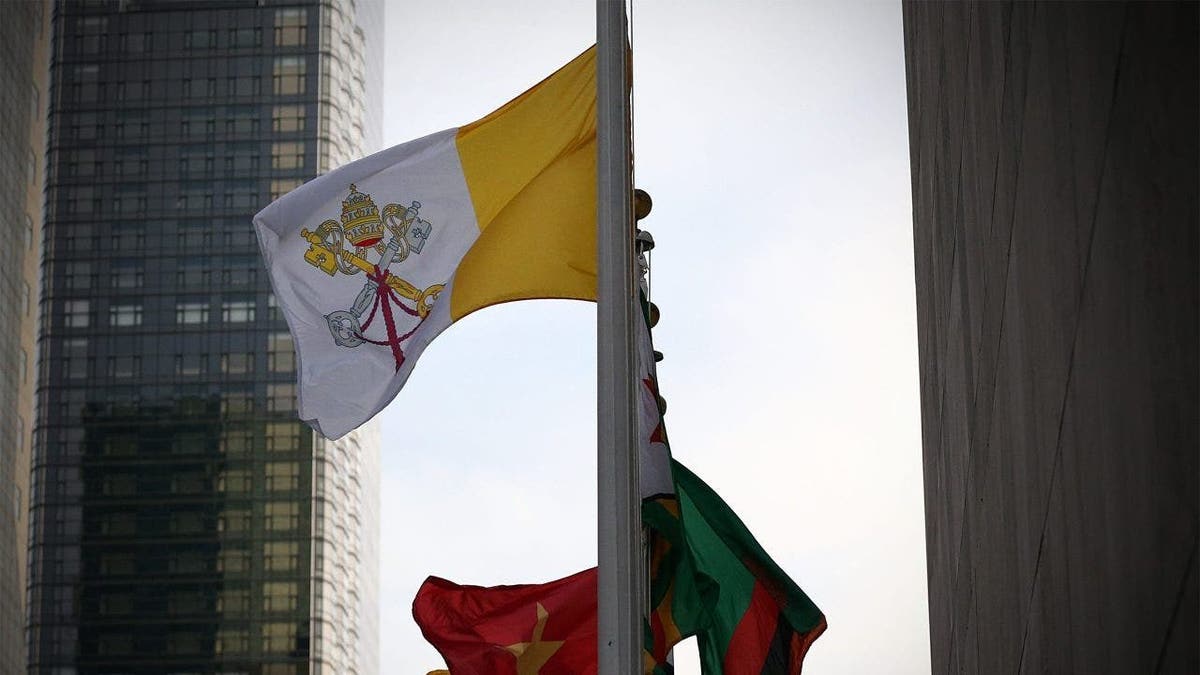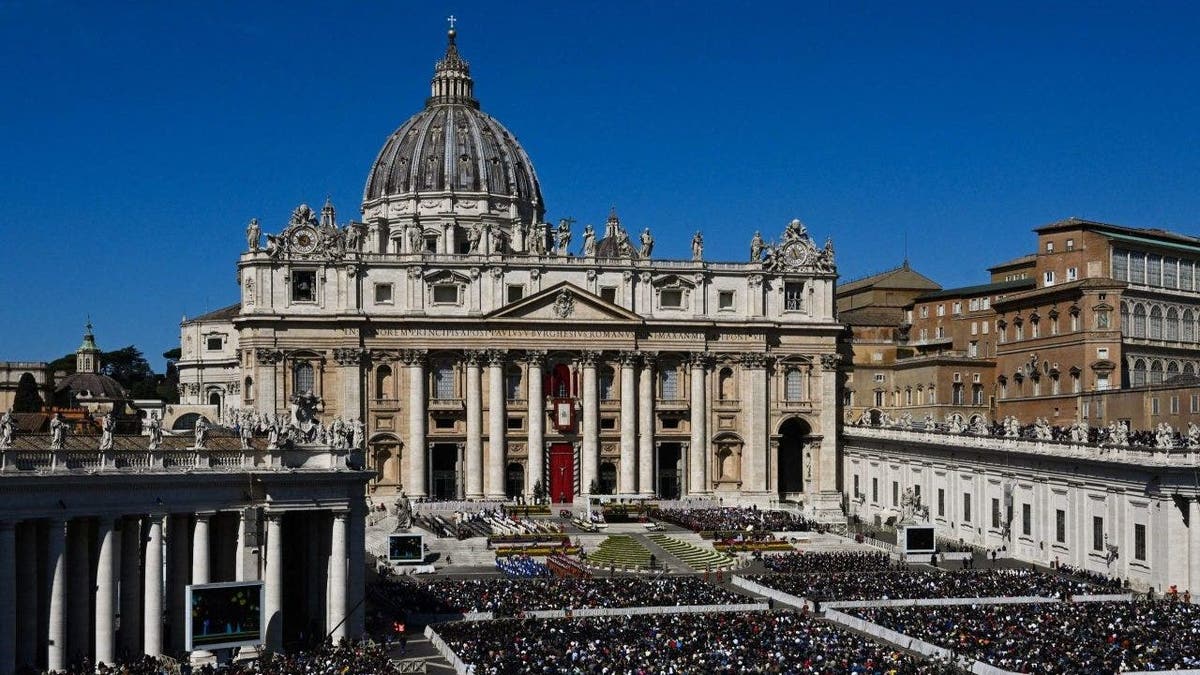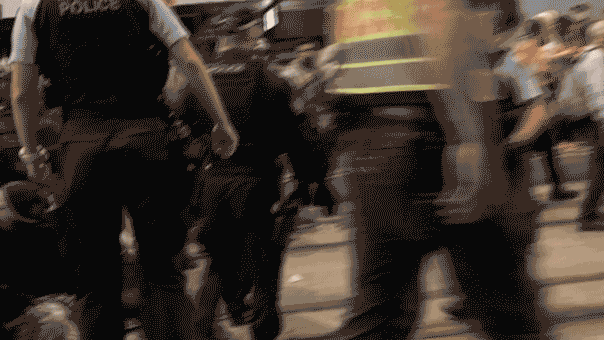Pope Francis meets with top comedians at Vatican
Pope Francis met with top comedians at the Vatican on Friday to encourage them to "spread peace" in the midst of "gloomy" news.
A delegation representing the Holy See urged the United Nations this week to put a moratorium on autonomous weapons designed to kill without human decision-making.
Archbishop Ettore Balestrero, the Holy See's Permanent Observer to the United Nations in Geneva, gave the warning Monday during an expert session on Emerging Technologies in the Area of Lethal Autonomous Weapons Systems (LAWS).
"For the Holy See, autonomous weapons systems cannot be considered as morally responsible entities," Balestrero explained. "The human person, endowed with reason, possesses a unique capacity for moral judgment and ethical decision-making that cannot be replicated by any set of algorithms, no matter how complex."
POPE FRANCIS SAYS INTENTIONALLY ALLOWING MIGRANTS TO DIE IS A 'GRAVE SIN'

The Vatican City flag flies outside the United Nations headquarters in New York City. (Carl Court/Getty Images)
At the heart of the Holy See's warning is concern about machines' inability to understand or value human dignity — a missing capacity that allows real combatants to make moral decisions based on abstract reasoning and empathy.
The statement borrowed heavily from writings and speeches already published by Pope Francis on the risks of unbridled artificial intelligence research.
"The Holy See deems it of fundamental importance to retain references to human dignity and ethical considerations at the core of our deliberations. It is necessary ‘to ensure and safeguard a space for proper human control over the choices made by artificial intelligence programs: human dignity itself depends on it,’" the permanent observer said, quoting Pope Francis.
VATICAN SAYS GENDER THEORY, SURROGACY VIOLATE HUMAN DIGNITY IN ETHICS DOCUMENT
"The development of ever more sophisticated weapons is certainly not the solution," Balestrero concluded. "The undoubted benefits that humanity will be able to draw from the current technological progress will depend on the degree to which such progress is accompanied by an adequate development of responsibility and values that place technological advancements at the service of integral human development and of the common good."

A general view shows St. Peters' basilica and St. Peter's Square during the Pope's Easter Sunday mass in Vatican City. (ANDREAS SOLARO/AFP via Getty Images)
The Catholic Church has been cautiously receptive to artificial intelligence technology's implementation into society, but has repeatedly warned the faithful that human lives and critical decisions can never be left in the hands of programs.
CLICK HERE TO GET THE FOX NEWS APP
The Holy See is a sovereign legal entity under international law representing the papacy and its jurisdiction over the entire Catholic Church. It is distinct from both the sovereign nation of Vatican City and the Catholic Church as a supranational institution. It also transcends the individual holding the title of "pope" at any given time.
The Holy See has maintained non-voting observer state status in the United Nations since 1964. It is one of only two entities with such a designation, the other being the State of Palestine.









































